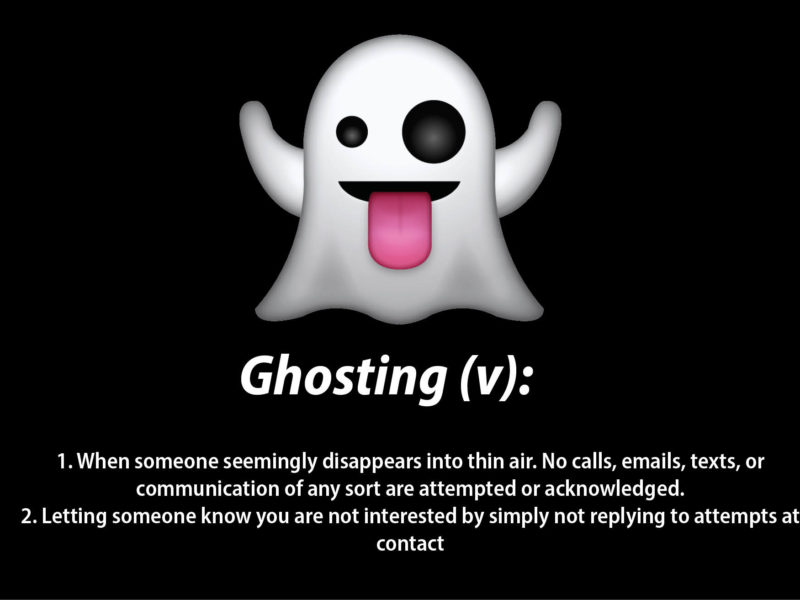Periodic Update of Your Resume
Regardless of whether you are looking for a job or not, everyone should periodically update their resume. Considering the volatile employment market, have no doubts about it, the good jobs everyone wants are available for only a short time. For the harder-to-fill jobs, they call someone like me. Regardless, when you identify a job for which you may have interest and think you can update your resume and send it, or contact the company a week later, you’ll likely be too late.
Now, during the holiday period, is as good a time as any as we look forward to a New Year – are you ready and able to act swiftly when / if a good opportunity presents itself? Whenever you choose to update the document that represents you, don’t simply update the same information. Drawing from more than two decades of experience, I’ve listed for your consideration 21 resume mistakes and tips to improve your own personal product brochure – because that is essentially what a resume is, a brochure about you, more horsepower ready to go whenever you might choose to use it.
(Disclaimer: exceptions to the following advice are if your career focus is within the creative, advertising or arts sectors)
1 Naming your resume file/document
Many people name their resume document in a manner which harms the chances they will ever be considered after it is filed. Data entry staff likely has their own filing system by which they name and file your resume in their database. However, don’t risk falling through the digital cracks. The file should be your name followed by what it is, a cover letter, a resume or CV, which language version, etc.
2 Stationary stunts
Some people want to stand apart from the crowd in order to be noticeable in the pile of resumes opting to use unnecessary borders, colored paper, color highlighting and fancy watermarks. Don’t do it, it’s only a tacky distraction away from what actually matters – information about you.
3 Unprofessional Photos
If you use a photograph of yourself on your resume, ensure it is professional. Selfies are childish and using photos from your vacation in which you cut someone out of the photo are also silly. Generally, I counsel against photos on resumes. Some pretty people like to attach photos to their resume, but consider for a moment that some folks are resentful; not everyone likes the pretty people, which can also work against you. Furthermore, resume photos are sometimes fuel for comic relief in office environments. I suggest you not use one at all but if you choose to do so, invest a little money and get something professional.
4 Formats & fonts
Use conventional resume formatting. Fonts are an important consideration because many do not scan well. Do not attempt to be creative in this manner, use primarily Arial, Calibri or Tahoma to be sure your resume can be scanned in the best possible manner.
5 Incorrect or outdated contact info
Don’t skip this vital update step for obvious reasons. It would be a bummer if a company you would like to work for wants to contact you and they can’t.
6 Inappropriate contact info
maddogmike@, quervogold@, hotness10@, princessbarbie@ or some other silly name might be cute amongst your pals but it is sure to diminish your chances on your resume. Most people have a personal and a professional email address. I’m trying to give advice to grown-ups, so if you don’t understand the importance of this item, go back to your video game, Farmville, Facebook or other distraction. Otherwise, establish and use an email address with which you are not embarrassing yourself.
7 Personal information
There are labor laws established to protect you from discrimination and to protect your privacy (what little still exists). Remove your date of birth, marital status and any other non-essential personal or family info, it’s not relevant.
8 Vague / generic Objective
Many people list an Objective on their resume. If you do, it should be short and to the point. Generic things like, Seeking a good opportunity in a growth-oriented company is BORING and not worthy of the space it takes up. My suggestion is to leave it off your resume and use a cover letter to elaborate and more effectively make your point.
9 Career history chronology
To be clear, start with the most recent job and work backwards down the sheet. Resumes, which list your chronologic history starting from the oldest to the newest, are just plain irritating.
10 Dates, time periods
Listing employment periods, naming only years but not listing the month’s gives the impression you have something to hide. Always list the month / year you started and the month / year you left each of your jobs.
11 Unexplained gaps in employment history
Be prepared to explain any time gaps. If you were affected by a downsizing or a layoff, state it on your resume on a small line in italics in between jobs; it will help to explain the circumstance for whomever reviews your resume. If you worked for a company that merged with another and changed names, indicate as much so it doesn’t mistakenly suggest you had two different jobs.
12 Bland “responsibility” histories with no accomplishments referenced
If your resume looks like nothing more than a transcription of your job description, you’re wrong. If you lack much in the way of accomplishments you can list, so be it. Here’s a question that may help you: in your various jobs, what did you do for which you were particularly proud? What sets you apart from others – in a good way? The answer to this question might qualify as accomplishments.
13 TMI (Too Much Information, save something for the interview)To follow up from the #12- if you have many items you want them to know about, use just the best few for your resume and save the others for the interview. Because, if you put everything on it, telling them your life’s story on the resume isn’t much of a reason for them to meet you – and meeting them is the whole point of the exercise. Try to strike a balance. Another piece of advice: the more recent the job, the more important the accomplishments and the farther back you go, fewer are necessary. Beyond ten years ago, just list the company name, dates employed and job title/role. You can furnish them with more if they request it.
14 Never Complain, never explainRefrain, no matter how tempted, to vent on your resume (or during an interview) or they will (rightly) assume this is the way you’ll be talking about them in the future. Just state facts and no commentary, as no good can come of it. A resume, nor a cover letter, are not documents with which to vent injustices, real or imagined. This same rule applies when you interview face-to-face.
15 Obscure abbreviationsStandard and common abbreviations aside, refrain from using obscure or uncommon abbreviations used to save space. For example, 82nd ABN Div FBNC, 11B2P, Sqd Ldr, Sgt E-5, only makes sense to a small minority of people. If you are not sure someone will understand it – when in doubt, spell it out.
16 Spelling & grammatical errorsThis is one of the most common resume mistakes. Imagine, when 10 people must be selected from 100 or more applicants, you can bet that spelling errors and notable grammatical mistakes will be an easy excuse to whittle down those numbers for further consideration. So the best-qualified person with misspellings on his or her resume, might never receive due consideration.
17 Include no tables or graphsOften, these items cannot be properly scanned nor do they belong on a resume. However, they can be part of accompanying documents you can leave behind, after an interview. For more information, refer to the topic of a “Win”- Book, in my handbook and found on my blog www.yourcareerquest.blogspot.com
18 No logosIt might be eye catching and look good but they can be likewise problematic when you resume is scanned. Likewise, they take up space unnecessarily so don’t use them.
19 Length (too short or too long)Don’t worry about too short or too long if you have good information to share. If you have notable experience and it results in your resume being more than two pages, so what. If you want to save some space you can remove unnecessary things like: Objective, “References furnished upon request” (of course they are)
20 No lies or half-truthsGeneral rule; if you can’t validate or back up any claim with documentation or proof, don’t put it on your resume. Besides, if you get caught in a lie, it’s over.
21 No clever slogans or quotesFor some reason people think a clever quote will demonstrate or symbolize their persona, attitude or to suggest they are clever. Demonstrate your persona and attitude at the interview, leaving the slogans off your resume.
Now, you are prepared and ready to go whenever you choose to act upon an opportunity.
Personally, I think a resume is but a piece of paper with little value in contrast to your own ability to represent yourself, in person. But as our world becomes more generic and the interview process increasingly formulaic in every way, there’s no getting around it, you must have a good resume to get noticed before you have a chance to impress when you meet them. Be aware, a resume is but one aspect of the interview process.



